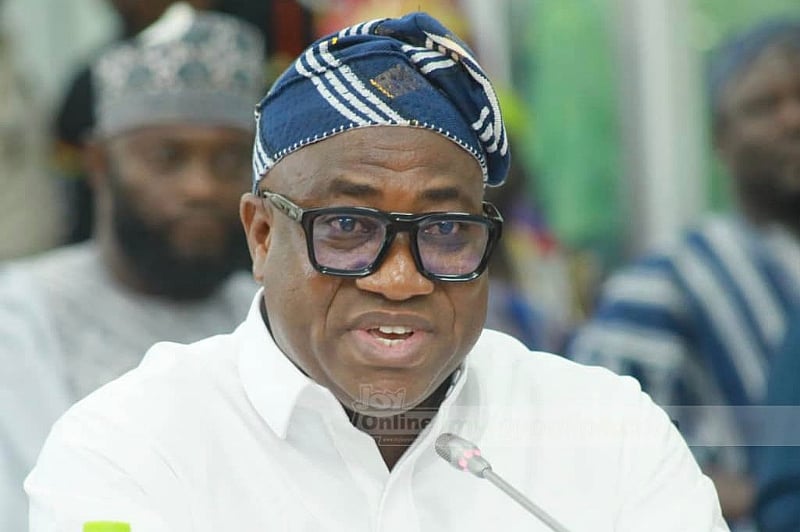The Ghanaian government’s decision to amend, rather than repeal, the contentious Legislative Instrument (LI) 2462, also known as the Environmental Protection (Mining in Forest Reserves) Regulations, 2022, has ignited a debate over the adequacy of the proposed changes. This legislation, enacted in November 2022 and effective as of June 23, 2023, permits mining activities within all categories of forest reserves, including both production and protected areas, sparking widespread criticism and concern among environmentalists and civil society groups. The core of the controversy lies in the discretionary power granted to the President to authorize mining concessions within these ecologically sensitive zones.
The government, through the Minister for Environment, Science, Technology and Innovation, Ibrahim Murtala Muhammed, has defended its stance, arguing that the primary objection to the LI 2462 was specifically targeted at the presidential prerogative to permit mining in forest reserves, not the entirety of the legislation. The Minister contends that the ongoing amendment, which aims to remove this presidential power, directly addresses the core concern raised by critics. He emphasized that the opposition, the National Democratic Congress (NDC), while critical of the discretionary power vested in the President, never explicitly called for the complete repeal of the LI 2462. Instead, their critique focused on the potential for abuse and lack of transparency inherent in granting the President such authority.
The Minister’s argument hinges on the distinction between repealing the entire law versus amending the specific clause that grants the President discretionary power over mining in forest reserves. By focusing on the amendment, the government claims to be fulfilling its promise to address the public’s concerns. The rationale, according to the Minister, is that the amendment effectively removes the contentious aspect of the law, thereby rendering a full repeal unnecessary. This approach suggests a strategic move to address the specific criticism while retaining the overarching framework of the legislation, which presumably includes provisions for regulating mining activities in forest reserves.
However, critics argue that the proposed amendment falls short of addressing the fundamental issue – the inherent conflict between mining and forest conservation. They contend that even with the removal of the presidential discretion, the law still permits mining within protected forest reserves, which contradicts the very purpose of their designation. The concern remains that allowing any form of mining within these sensitive ecosystems, regardless of who grants the permission, poses significant environmental risks, including deforestation, biodiversity loss, and water pollution. The argument for a complete repeal stems from the belief that mining and forest conservation are inherently incompatible activities and that no level of regulation can effectively mitigate the detrimental impacts of mining on these fragile ecosystems.
Moreover, the debate transcends the technicalities of the LI 2462 and touches upon broader concerns about environmental governance and resource management in Ghana. Critics argue that the initial inclusion of the presidential discretion clause reflects a lack of transparency and accountability in decision-making processes related to natural resources. They advocate for a more participatory and inclusive approach to environmental policy, ensuring that decisions regarding the exploitation of natural resources are subject to robust public scrutiny and informed by scientific evidence. The controversy surrounding LI 2462 underscores the complex interplay between economic development, environmental protection, and political power in the context of resource-rich countries.
In conclusion, the government’s decision to amend rather than repeal LI 2462 has sparked a debate centered on the adequacy of the proposed changes. While the government argues that the amendment effectively addresses the core concerns by removing the President’s discretionary power, critics maintain that allowing any form of mining within protected forest reserves is inherently problematic and necessitates a full repeal of the legislation. The ongoing debate highlights the tension between economic development imperatives and environmental conservation priorities, raising fundamental questions about the long-term sustainability of resource management practices in Ghana. The controversy surrounding LI 2462 serves as a microcosm of the larger challenges faced by many developing nations grappling with balancing economic growth with environmental protection in the context of increasing global demand for natural resources.


